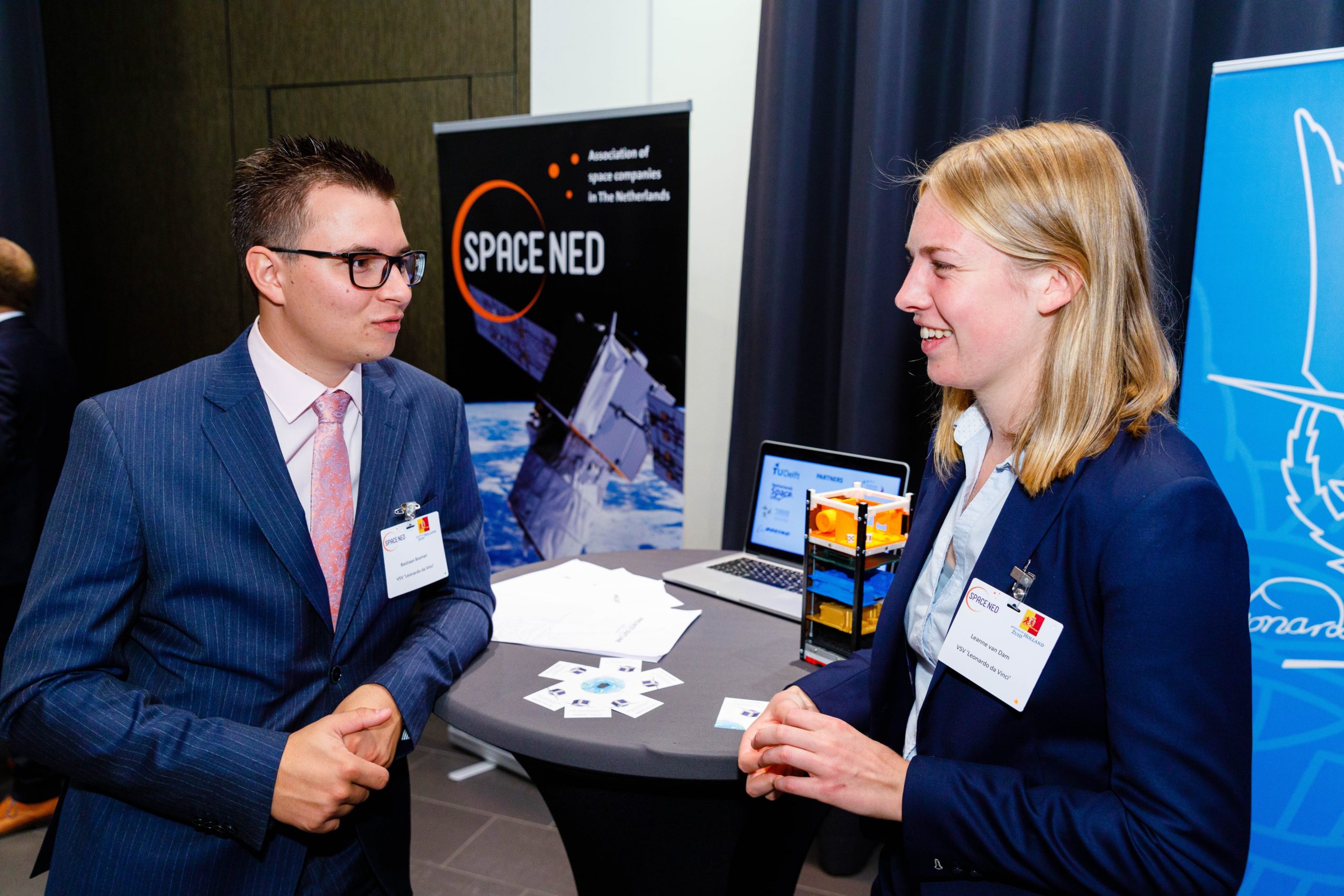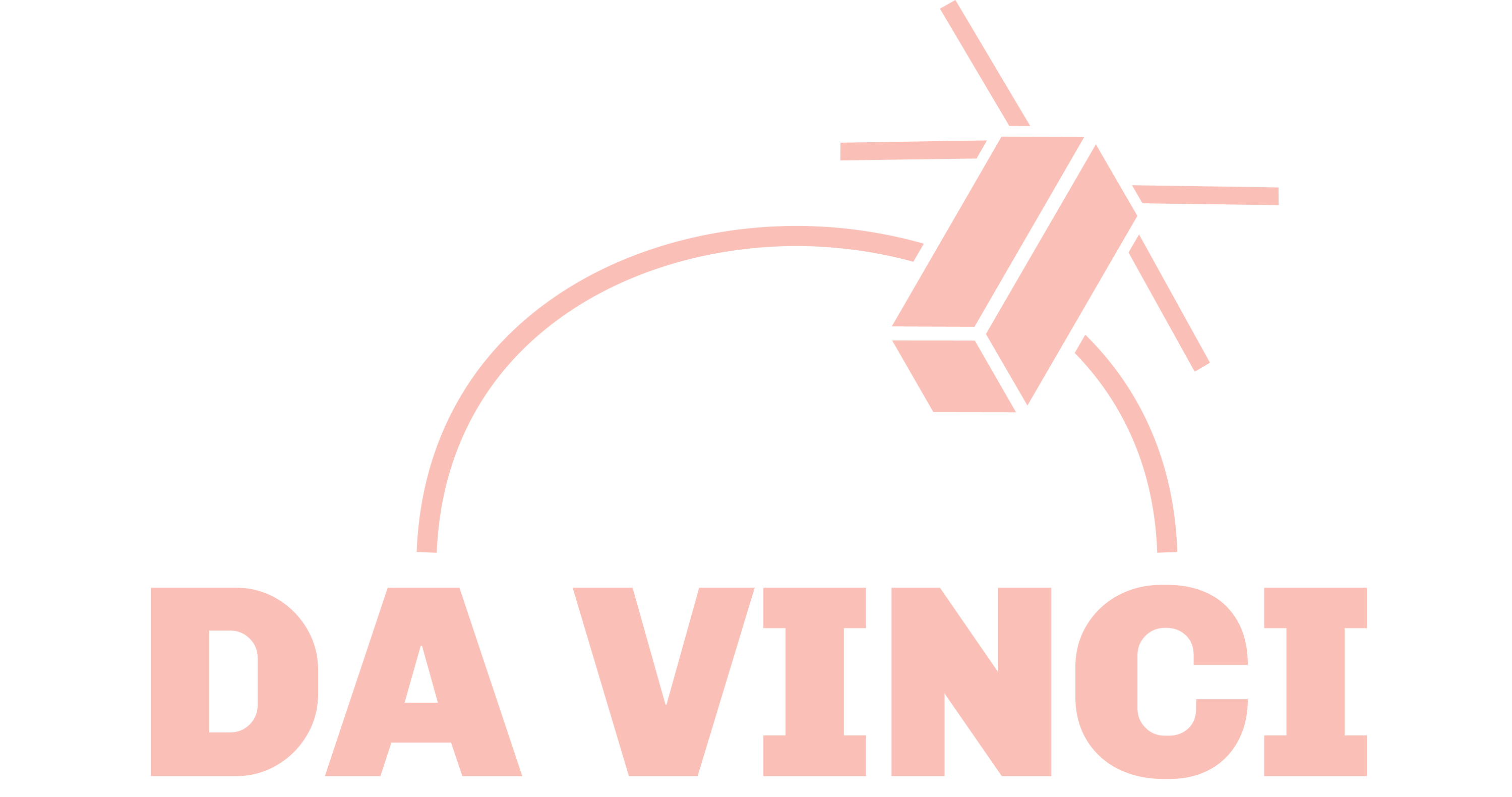Education (New)
Sending a satellite to space is a lot of fun, but it is even more fun if the satellite has an interesting aim as well! The Da Vinci Satellite, the only educational CubeSat in the world, has been developed such that students can bring space to their own classrooms. Take this in the literal sense; with the Da Vinci Satellite students in primary and high schools can discover and explore the effects of space via machines/payload modules on-board of the satellite! To this extent, multiple lesson plans have been developed.
Inclusivity
Everybody should be able to access these lesson plans (educational modules) free of charge as soon as the satellite is in orbit about Earth. The education modules will be available offline and online. For printing at home or at school, or by buying the book corresponding to the educational module. No profits will be made at any point. To lessons and activities in the educational modules are designed such that minimal complementary tools, such as pencils or trays, are required. Furthermore, out-of-the-classroom activities are designed to be safe and should be able to be performed anywhere. The dice are colour-blindness-friendly by utilising the IBM colour palette. Educational modules are also tested on school for kids on the autism-spectrum. Most of the lesson packages will be available for independent use as well as in-school use, next to customer and teaching support from the Da Vinci Satellite team.
The Satellite
The Da Vinci Satellite contains two payloads, developed in-house. These two payloads are supported by Commercial Off The Shelf components. The payload primarily used for primary school education is the ‘Dice Payload’. This payload showcases dice in micro-gravity and lets the kids play with dice in space. There will be a video available of the dice in micro-gravity as well as pictures of every dice throw! These pictures will have Earth in view in the back. This introduces the kids to micro-gravity, gives a sense of proportions in space and allows to kids to actually play games in actual space. The payload primarily used for high school education is the ‘Bit Flip Payload’. This payload allows the kids to upload a picture or a sound to the satellite, this data is then subjected to the radiation in space. The radiation results in bit-flips, and brings back the uploaded data distorted over time. This allows the kids to upload personal data, like the picture of their dog, to actual space and gives a sense of the effects of the harsh space environment. You can learn more about the satellite and its payloads on the dedicated page.
All educational modules, as well as the direct interaction with the payloads, are supported by an educational online environment. The online environment also supplements the educational modules with downloads (games, colouring pages) and data (groundtrack, housekeeping data).
Primary School
A primary school is the perfect place to discover a passion for space and learning! Space is something that truly sparks the kids’ imagination; it is beautiful, extremely big, complicated and abstract – How can we make this dark, vast, scary, complicated and all-encompassing ‘space’ as approachable and fun as possible?
We have investigated this within the classroom by asking children in primary schools: “What would you like to do in space?”, the overwhelming response being “We want to play a game with a satellite in space!”. With this answer in mind we started to develop a payload module on board of the satellite with which the kids can play educational dice games. The module is, in simple terms, five dice (each with a different colour) floating in space in a cylinder. These dice can be thrown with a special arm that can move within the cylinder. At the end of every throw a picture is made with Earth in the background and sent from space toward the classroom. These games can be played by kids individually or in classrooms with their friends. For this payload multiple educational games for kids have been developed!
Da Vinci Satellite develops two educational modules specifically for primary schools: the Spacebuzz module, and the Space Around You module. Both modules will be available for classroom use and for independent individual use (for kids at home). The Spacebuzz module is ready to be used in a more conventional primary school curriculum. The Space Around You module requires more flexibility within the primary school curriculum as it contains out-of-the-classroom activities and homework and is based on inquiry based educational methods.

SpaceBuzz
We are combining the educational games with an adventure in which the kids will discover the wonders of space step by step. We start here, on Earth, and we will gradually zoom out to investigate the
complete solar system. This module has been developed together with and for SpaceBuzz, this module will also be part of the SpaceBuzz program!
- 8 weekly in-class lessons
- Training to become astronauts
- Once the kids finish their training, it’s time to launch in the SpaceBuzz!
- VR-Experience
- Kids experience the ‘Overview effect’ promoting green-thinking
Space Around You
With this lesson pack we want to focus on the inquisitive and curious nature of young kids by bringing space closer to home. Our aim is to make objects and sights in space tangible and see-able for kids – did you know that basically everything is made of star matter, and that you can see Jupiter from your garden this very night? With this educational module we aim to bring space closer to Earth, literally!
- Co-development with kids
- Everything should be a see-able sight or a tangible thing
- Inquiry based teaching
- Out-of-classroom, exploring the outdoors

High School
For high school students, space offers the perfect opportunity to broaden their horizons in a challenging, creative and motivating way! Space technologies and influences can be seen and felt everywhere around us: this means that the Da Vinci Satellite can be used in lessons of ethics, history, social sciences and of course mathematics, computer sciences, chemistry and physics!
The space environment, where the Da Vinci Satellite can be found in orbit around Earth, is a harsh place. The satellite is subject to drastic temperature changes, vacuum and radiation. To show the effects of this radiation, we’ve added a ‘bit flip’ payload on board of the satellite as previously mentioned. Students can send (via the online platform) an image to the satellite in orbit; this image is exposed to radiation in space and as a result small errors (bit-flips) will arise. After the image is beamed down to Earth, the bit flips are directly shown in the image in the form of visual curiosities. The amount of bit flips in the image increases over time, affecting the image more severely. The Bit Flip Payload allows the students to send something personal, like a picture of their dog or a group picture made in school to actual space!
Da Vinci Satellite develops three educational modules specifically for high schools: the Computer Science module, the Masterclasses and the Mentor classes. The computer science module will be available for classroom use and for independent individual use (for kids at home). The computer science and mentor class modules are ready to be used in a more conventional high school curriculum. The masterclasses are extracurricular activities and are given on the campus of TU Delft. Transport from schools to the TU Delft campus can be arranged.

Computer Science
The computer science module lets the students investigate the orbit of the Da Vinci Satellite, with housekeeping data from the Da Vinci Satellite, and the radiation the satellite receives within this orbit about Earth with the Bit Flip Payload. The first chapter is a general introduction to space flight, then the choice between two tracks can be made. Each track contains chapters with information and assignments, and is concluded by a large practical wherein the new knowledge will be applied.
- General introduction and one track of choice
- Orbit detection and determination (Space mission design)
- Error detection and correction (Correct uploaded image)
- Multi-hour practical per track
- Old-school teaching style with innovative elements
Masterclasses
The Space-themed masterclasses aim to inspire the students for space technology, space travel and its impact on society. Masterclasses that can either be chosen in a singular form (pick-and-choose) or as a 8-week programme where students come to TU Delft once a week to attend a lesson. Students can sign up individually or schools can sign up a whole class of students.
The following 8 subjects are available: The solar system, How rockets work, Mars, Life on other planets, Interplanetary missions, Radiation, Black holes and The space race.
- A variety of unique teaching methods
- Masterclasses given by aerospace students
- Activities promote special interaction between participants
- Physics hands-on experiments
- Unique insight into advanced space-related subjects


Mentorclasses
The mentorclass module aims to help high school students with making the correct profile choice. It is important to note that this module does not promote the choice of STEM based courses. This module allows the students to explore their interests and aims by choosing different subjects to explore. This exploration is mostly free form and allows the students to delve deeper into courses of their interest in a stress-free manner. In the end, due to the findings in their own research, students are guided to their most suitable profile choice.
To ensure that this module completely satisfies the students and teachers needs, this module has been created by high school students as an O&O project. This module is thus created by high school students, for high school students. To develop this module, surveys were sent to multiple and different years of high school students and multiple interviews were conducted with students as well as teachers.
- Helps with making the correct profile choice
- Developed by students, via interviews and questionnaires, for students
- Students research what subjects they would like to pursue as electives
- Third-year course
- Inquiry based teaching
- Space as a theme in the background
